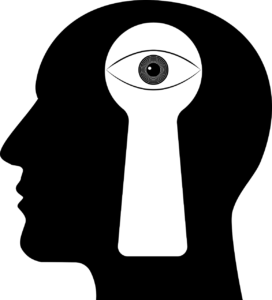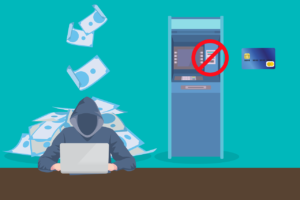Here are ten common mistakes that can lead to a TikTok account restriction:
- Violating TikTok’s Community Guidelines: TikTok has strict community guidelines that prohibit certain types of content, including hate speech, graphic violence, and sexually explicit material.
- Posting copyrighted content: Using copyrighted music or other content in your TikTok videos without permission can lead to a copyright violation and account restriction.
- Engaging in spammy behavior: TikTok does not allow spammy behavior, such as buying followers or likes, using bots to generate engagement, or posting repetitive comments.
- Posting misleading content: TikTok does not allow users to post misleading or false information, such as fake news or hoaxes.
- Posting inappropriate content: TikTok is intended for users aged 13 and over, and any content that is deemed inappropriate for younger users can lead to account restrictions.
- Posting graphic content: TikTok does not allow users to post graphic content that is violent, gory, or offensive.
- Using third-party apps to manipulate engagement: Using third-party apps to artificially inflate your views, likes, or comments can lead to account restrictions.
- Engaging in bullying or harassment: TikTok has a zero-tolerance policy for bullying or harassment of any kind, including cyberbullying.
- Violating local laws and regulations: TikTok is subject to local laws and regulations, and any content that violates these laws can lead to account restrictions.
- Ignoring TikTok’s Terms of Service: TikTok’s Terms of Service outline the rules and regulations that all users must follow, and violating these terms can lead to account restrictions or termination.
It’s important to follow TikTok’s rules and guidelines to avoid having your account restricted or terminated. If your account is restricted, you may be able to appeal the decision by contacting TikTok’s support team and providing evidence that your content does not violate their guidelines.




